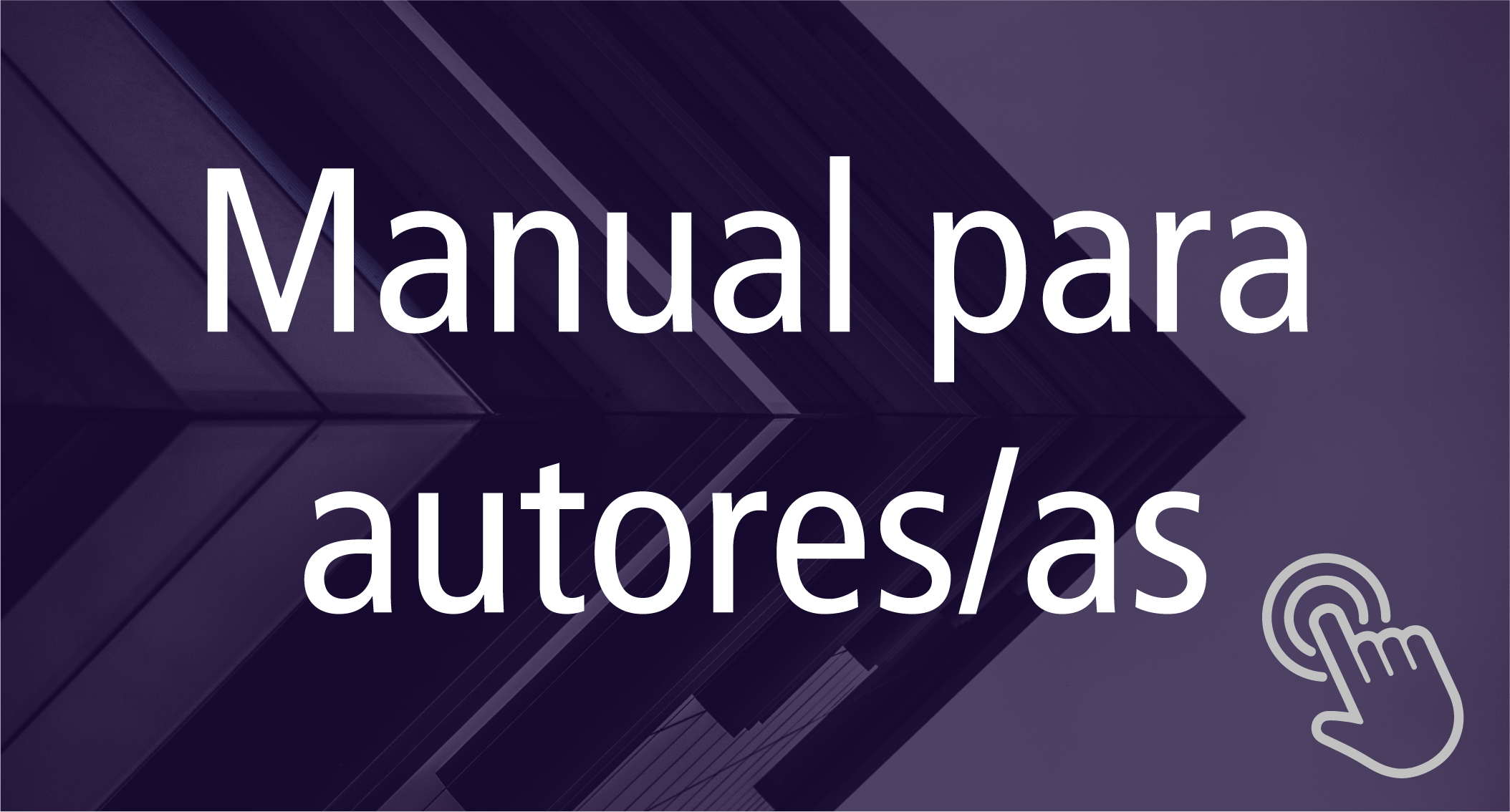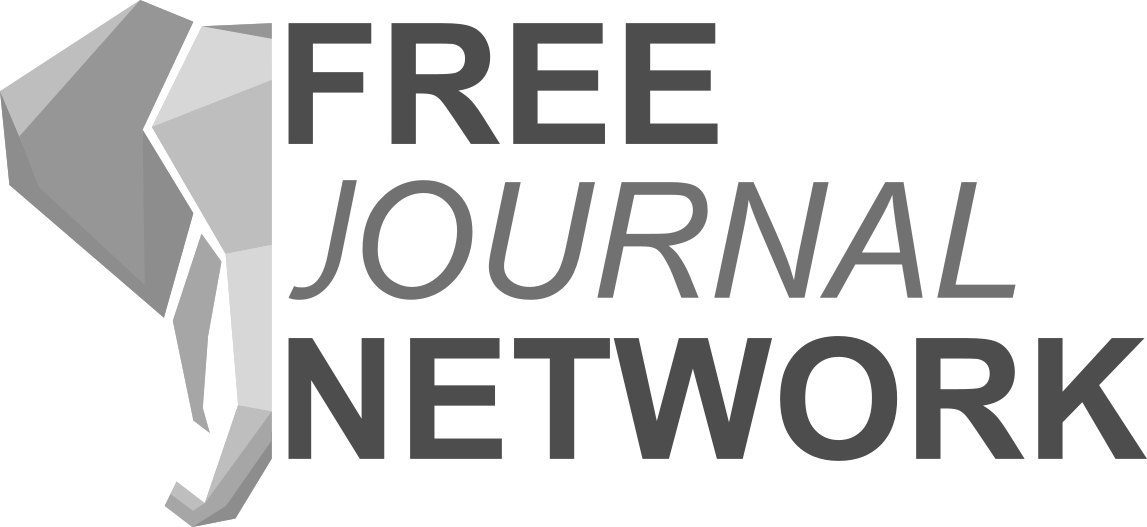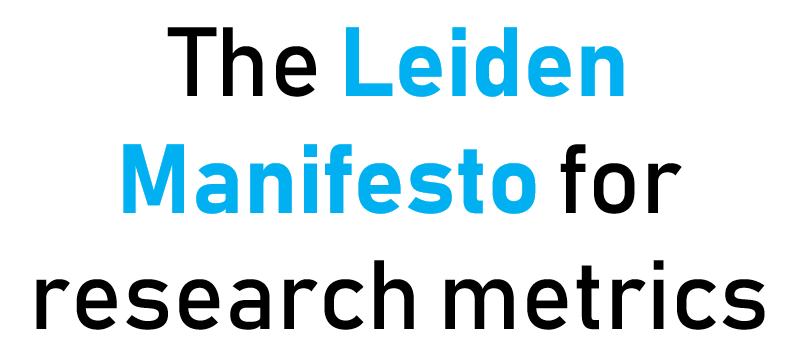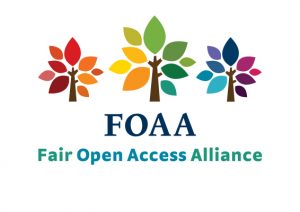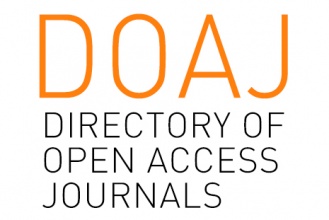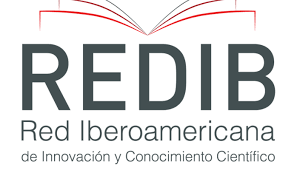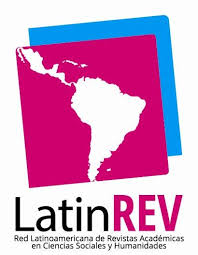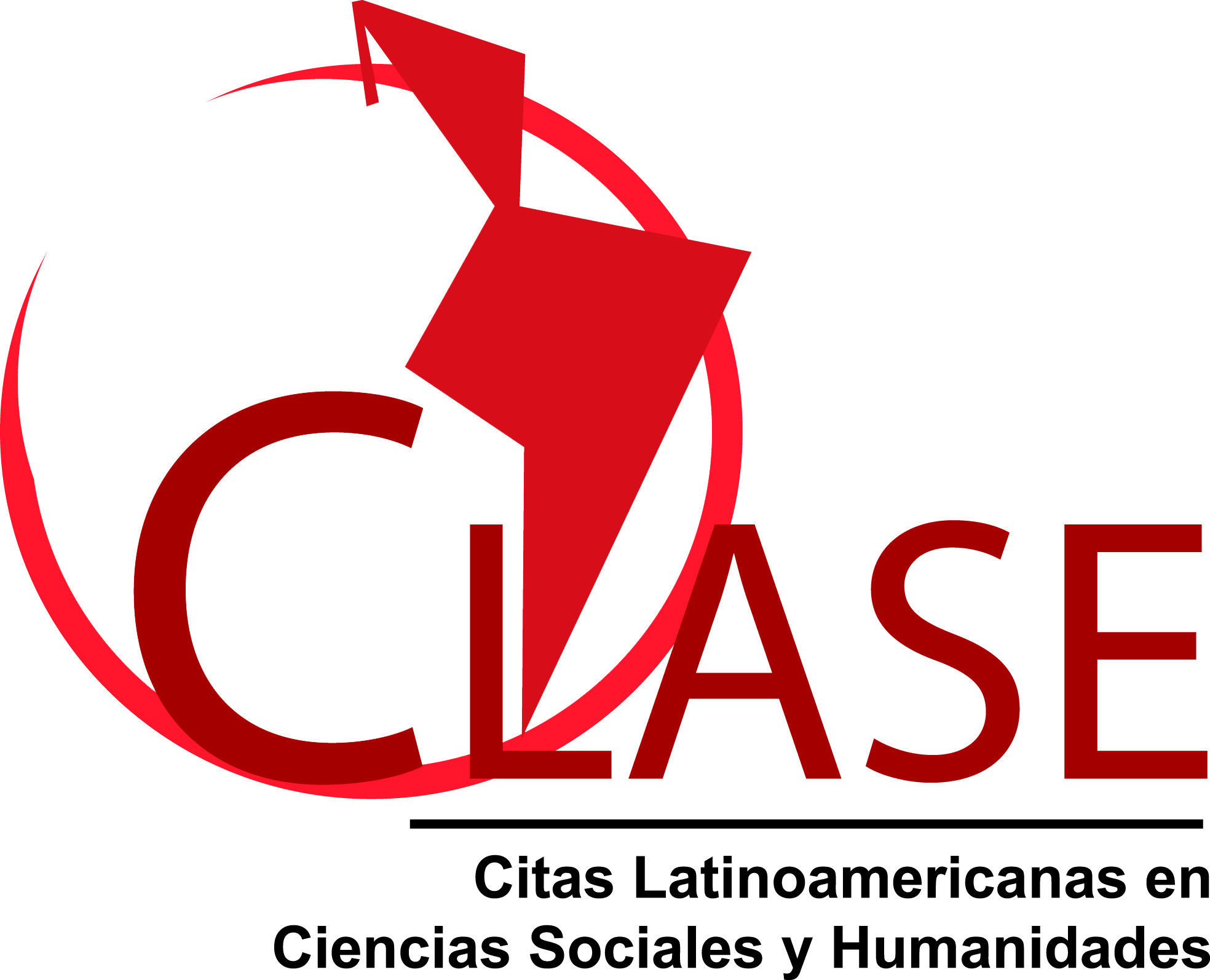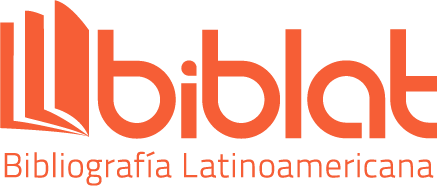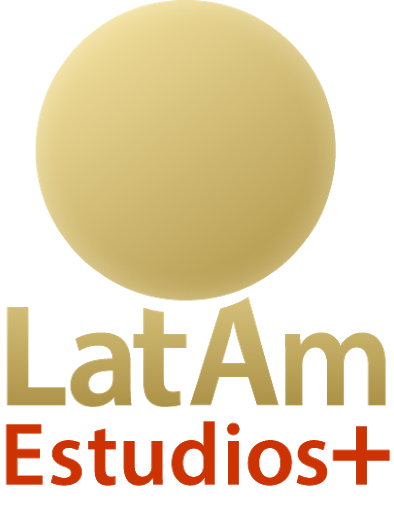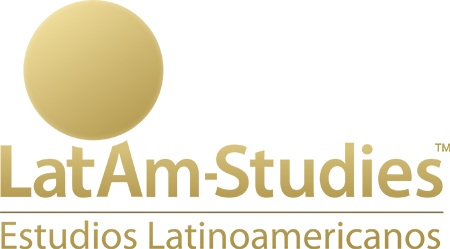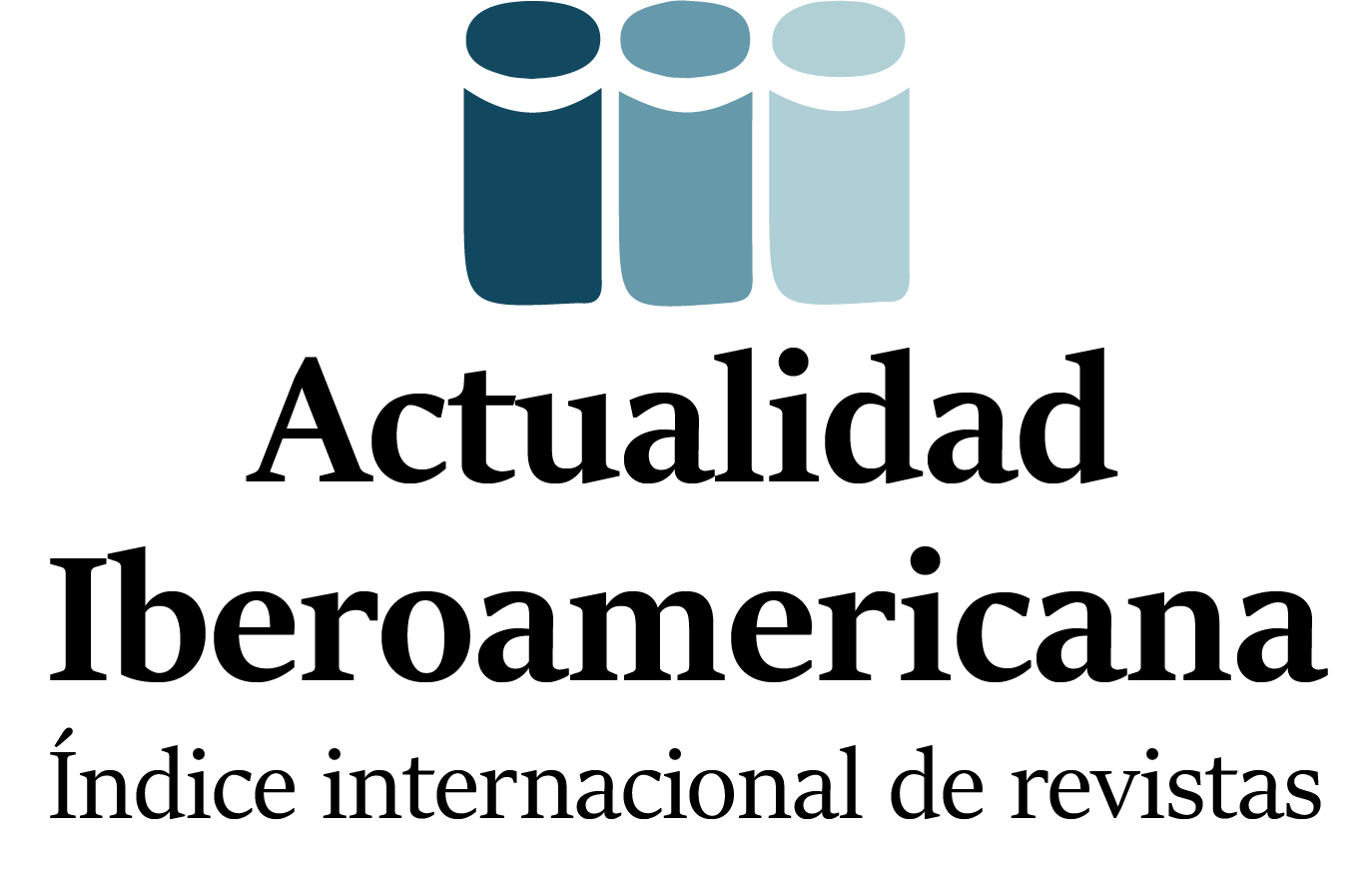About the Journal
Journal description
The Journal of Psychology UNLP is the open access publication of the Faculty of Psychology, Universidad Nacional de La Plata (UNLP, Argentina). It publishes contributions in all areas of psychology and also accepts contributions from related disciplines (e.g., philosophy, anthropology or sociology). In this sense, the Journal of Psychology is defined as pluralistic and open, both to the exchange between different psychological perspectives and to the attention of nearby or adjuvant disciplines. It accepts empirical and theoretical papers, research reports, narratives of educational experiences and interventions, interviews, translations, reviews of books and scientific events, and graduation papers of psychology students. The Journal of Psychology accepts contributions in Spanish and Portuguese. It has a prestigious international scientific committee of experts in various specialities. The journal is aimed at an audience made up of researchers, teachers, professionals and students from different careers.
Type of journal
Diamond open-access. There are neither article submission charges (ASC) nor article processing charges (APC).
Editor-in-Chief
Dr. Nicolás Alessandroni (Concordia University, Canadá / Universidad Nacional de La Plata, Argentina) [E-mail: nalessandroni@psico.unlp.edu.ar].
Identification numbers
ISSN 0556-6274 | e-ISSN 2422-572X
Periodicity
Semiannual (two numbers per year). The first issue of each year covers the months of January-June and is published in July. The second number of each year covers the months July-December and is published in December. Since 2020 the Journal has adopted the model of continuous publication. Thus, the articles accepted are immediately edited and made available in the "Online First" section, with the corresponding DOI. These articles are incorporated on a stable basis in issues published subsequently.
Accepted languages for manuscripts
Spanish and Portuguese.
Abstract languages
Spanish, Portuguese, and English.
Indexation and information services
The Journal of Psychology is indexed in EBSCO, ERIH Plus, Latindex Catalog v2.0, CIRC (C Classification, Social Sciences and Human Sciences), DOAJ, Dialnet, REDIB, CLASE, BIBLAT, LatREV, MIAR, Latam Estudios+, Latam Studies, Actualidad Iberoamericana, Google Scholar and SEDICI (UNLP). All articles have an individual DOI (Digital Object Identifier) provided by CROSSREF. The Journal adheres to DORA and the Leiden Manifesto and is part of The Free Journal Network.
Disciplines
Psychology, in all its branches, and related disciplines (for example, philosophy, anthropology, sociology, history, or communication).
Publishing institution
This journal is an editorial project of Facultad de Psicología - Universidad Nacional de La Plata. It is also a part of Portal de Revistas de la UNLP.
Types of contribution accepted by the journal
The Journal publishes the following types of contributions:
- Editorials: Original articles of editorial orientation and general opinion on the general content of the journal and current psychological problems.
- Research articles: Original research articles, both theoretical and empirical, with no restrictions on methodological approaches.
- Research reports: Brief reports that detail the most important advances of empirical research.
- Micro-articles: Very brief articles in which a key theoretical idea is defended, or in which empirical research results are presented in a very concise way.
- Monographs and dossiers: Compendium of articles on a specific topic related to the scope of the journal.
- Narrated reports of pedagogical experiences and transfer-to-the-community projects: Narrations with a flexible format, which do not require the incorporation of bibliographic references or a standardized scientific format.
- Narrated reports of pedagogical experiences. These may be experiences that have taken place in an institutionalized/formal or informal educational framework.
- Narrated reports of transfer-to-the-community projects, that include data on the project in which they are framed and that detail both the rationale of the intervention and its effects or contributions.
- Translations: Writings originally published in another language that, by impact and interest, are offered translated with the permission of publishers and authors.
- Interviews: Interviews with researchers and social actors related to the scope of the journal.
- Book reviews / Scientific events reviews: Critical reviews of books and/or scientific events linked to the scope of the journal.
- Graduation dissertations (psychology students): Final dissertations or end-of-degree projects by students that, due to their quality, merit being published in an academic journal.
In each published issue, at least 80% of the content will be of an original research nature within the scientific and academic field.
Section policies
Openness
Submissions of manuscripts are open for articles, research reports, micro-articles, monographs, dossiers, narrated reports on pedagogical experiences and transfer-to-the-community projects, translations, interviews, reviews and graduation dissertations. The submission of editorials is reserved for the members of the Editorial Committee of the Journal.
Indexing
Every published manuscript is indexed and has a DOI provided by CROSSREF.
Peer review
The following types of contributions are subject to peer evaluation: research articles, research reports, monographs, dossiers, narrated reports of pedagogical experiences and transfer-to-the-community projects, interviews and graduation dissertations. Editorials, translations and reviews are not subject to peer review. Instead, these contributions are evaluated by the Editor-in-Chief and, eventually, by an ad hoc appointed evaluator.
Peer review process
The journal uses a double-blind external peer review system to guarantee the quality of research articles, research reports, monographs, dossiers, narrated reports of pedagogical experiences and transfer-to-the-community projects, interviews and graduation dissertations. The review process can last between 2 and 4 months. Editorials, reviews and translations are evaluated by the Editor-in-Chief with the possible help of an ad-hoc reviewer.
When a peer-reviewable manuscript is received, it is firstly checked by the editorial committee, which verifies its relevance and its compliance with formal aspects. The committee can directly reject manuscripts without consulting external reviewers if they are inappropriate for the journal due to their quality, incongruity with the journal's aims and scope, indifference to authors' guidelines, or if they present evidence of being fraudulent. If the manuscript is positively evaluated, the Editor sends it to at least two members of the permanent scientific committee and/or external specialists (peers). Reviewers evaluate the quality of manuscripts taking into account conceptual clarity, academic relevance, originality, and use of language. The evaluation is carried out by means of a strict double-blind system. This means that reviewers will not know the authors' identity, and vice-versa. Reviewers will not belong to the same institution as the authors. Also, a minimum of 66% of the reviewers will be unrelated to the journal's publishing entity. Authors receive comments by reviewers through an e-mail in which the decision regarding their manuscript is informed.
After the review process, the Editor-in-Chief generates a single decision regarding the manuscript:
- Accepted: with no objections. The manuscript is sent for style correction in order to be published in the journal;
- Accepted, subject to changes. In this case, authors will be given a time limit to make corrections (1 month for minor corrections; 2 months for major corrections). Should the authors submit a new version of the manuscript, the editor evaluates the changes made and, if necessary, sends the manuscript for a second round of review. If the final version is approved, the manuscript is sent for copyediting and publication. If, on the other hand, the changes are not satisfactory, the manuscript is not published. This decision is unappealable.
- Rejected: when the manuscript does not meet the minimum quality standards regarding conceptual clarity of academic writing. In this case, the manuscript will not be published, and cannot be submitted again to the journal in its current form. This decision is unappealable.
Plagiarism detection
The Journal of Psychology analyzes each manuscript with the aim of avoiding plagiarism, as established by national and international editorial regulations. For the detection of plagiarism, the Editorial Board uses the computer tools provided by Google. In case of detection of plagiarism, the Journal of Psychology follows the guidelines provided by COPE. Full plagiarism policies can be found here.
Open-Access Policy
The Journal of Psychology is committed to Open Science and is part of the Diamond Open Access model because it considers that it promotes a greater global exchange of knowledge. This means: (i) that submitted manuscripts go through a peer-review process; (ii) that the journal provides free and immediate free access to published manuscripts (without embargo period); and (iii) that neither the authors nor their institutions must pay any fees for the manuscripts to be published in the Journal. This type of policy is in accordance with the principles of the BOAI definition of Open Access and corresponds to the blue cataloguing (Blue) proposed by SHERPA/RoMEO.
The journal also complies with the Fair Open Access Principles defined by FOAA (Fair Open Access Alliance):
- The journal has a transparent ownership structure and is controlled by and responsive to the scholarly community (Faculty of Psychology, UNLP)
- Authors of articles in the journal retain copyright.
- All articles are published open access and an explicit open access licence is used (CC-BY)
- Submission and publication is not conditional in any way on the payment of a fee from the author or their employing institution, or on membership of an institution or society.
- Any fees paid on behalf of the journal to publishers are low, transparent, and in proportion to the work carried out (the Faculty of Psychology takes care of the publication process, without intermediaries).
Copyright & licencing policies
The material published in the journal is distributed under a Creative Commons Attribution 4.0 license (CC-BY 4.0). This license allows others to distribute, mix, adjust and build from their work, even for commercial purposes, provided that the authorship of the original creation is recognized. The authors of the works published in the Journal of Psychology retain the copyright without restrictions. Authors also retain publishing rights without restrictions.
Adoption of codes of ethics
This journal adheres to the Code of Conduct and Best Practices Guidelines for Journals Editors, COPE. Also, this journal adheres to the San Francisco Declaration (DORA) to guarantee good practices related to the evaluation of academic outputs. Detailed information on ethics and how we handle plagiarism can be found here.
Gender perspective
The Editorial Committee works together with the Mental Health and Human Rights Secretariat, Faculty of Psychology, Universidad Nacional de La Plata to promote the dissemination of academic production with a gender perspective. This initiative is part of the Participatory Plan for the Promotion and Strengthening of the Gender Perspective (2018-2021) by the mentioned Secretariat. This endeavour involves, at least, the following actions: (a) to balance the number of published manuscripts considering the authors' gender, (b) to balance the structure of the Academic Committee considering the gender of the specialists, (c) to encourage the publication of studies that have been carried out considering the gender perspective, both at a theoretical and methodological level.
Archive and self-archive policies
The journal uses the LOCKSS system via PKP PN to create an archive distributed among the participating libraries, allowing these libraries to create permanent journal archives for preservation and restoration purposes. The journal allows self-archiving of contributions in its final version (post-print), immediately after its publication online, both on personal webs of authors (such as ResearchGate, Academia.edu, ActaAcademica, etc. .) as in institutional and telematic repositories. The Journal of Psychology does not allow self-archiving of pre-print versions.
Preservation policy
The materials published in this journal are deposited in SEDICI, the repository of the UNLP. Automatic backups and remote copies, format adjustments, integrity checks and other activities required to ensure digital preservation are made through the repository. The preservation policies of SEDICI can be consulted at the following link: http://sedici.unlp.edu.ar/pages/politicas#preservacion.

